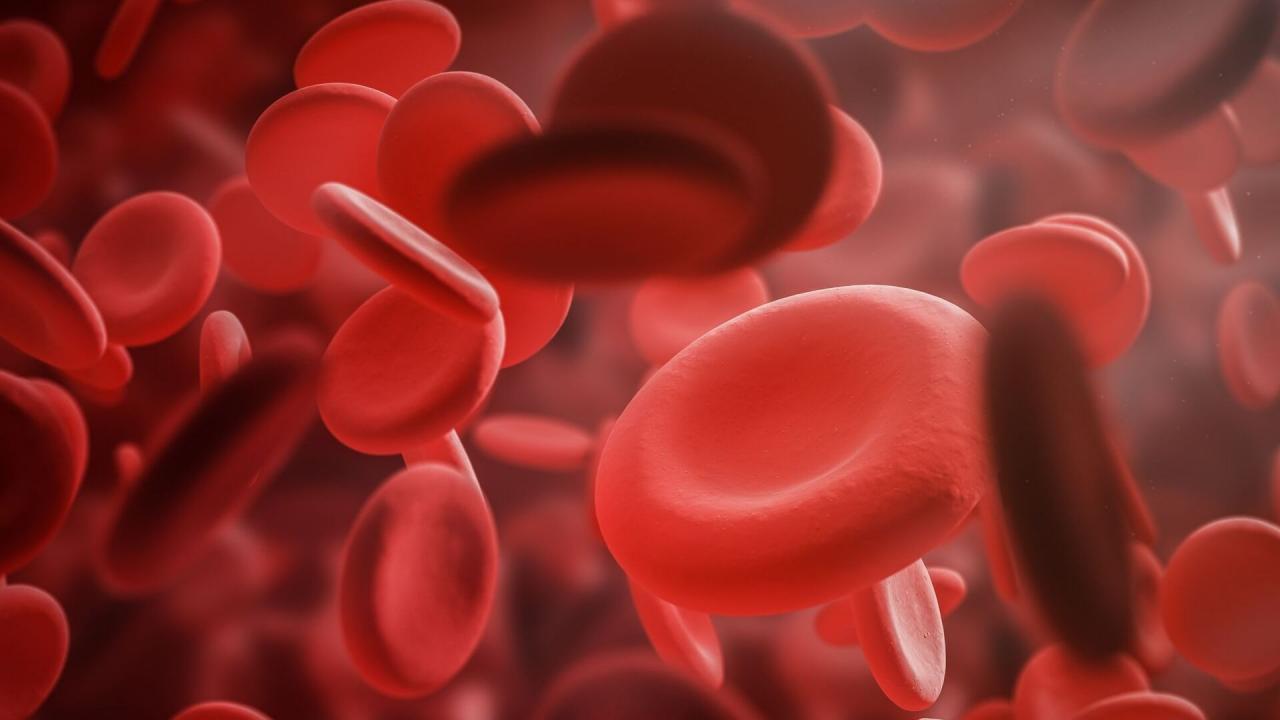Many people regularly consume soy products because of their metabolic benefits and for reducing weight. Now there is a study, which reveals that supplements of milk and soy protein can help also lower blood pressure. Hypertension affects close to 75 million adult Americans and the disorder is associated with an increased risk for strokes, heart attacks, kidney failure and eye problems. The only way to treat hypertension is with life-long drug therapy, which is also costly.
In a recent study, Dr Jiang Le, Chairman of Epidemiology at the Tulane University School of Public Health and Tropic Medicine in New Orleans, looked at the effects of milk and soy protein in adults with prehypertension and stage 1 hypertension. Each individual consumed 40 grs daily for 8-week periods. At the end of the 8-week period, soy protein was associated with a mild reduction in systolic blood pressure. Dr Jiang Le believes that a diet of soy protein could lead to fewer strokes by reducing blood pressure. In addition, these findings imply that partly replacing carbohydrate with soy or milk protein may be an important element of nutrition intervention strategies for prevention and treatment of high blood pressure.
Soy proteins are known to contain phytoestrogens, which bind to the estrogen receptors in the body. Prolonged use of phytoestrogens has been linked to cancers but at the same time there are other studies showing that these chemicals reduce cancers.
For consumers who are interested in lowering blood pressure, a diet of whole soybeans is recommended. Soybeans contain phytic acid, which binds to certain minerals like calcium, zinc, iron and magnesium. The chelating effects of phytic acid prevent the accumulation of these minerals in the body and are speculated to lower blood pressure. Other benefits of soy proteins based on their mineral binding effects include prevention of excess mineralization of joints and blood vessels, which is common in the elderly.
However, researchers do warn that a diet of soybeans should be used with caution in young children whose need for these minerals is higher because of growth and development.
Sources
1. He J et al. Effect of Dietary Protein Supplementation on Blood Pressure
A Randomized, Controlled Trial. http://circ.ahajournals.org/content/early/2011/07/18/CIRCULATIONAHA.110.009159.abstract?sid=59343c62-33e7-4c09-985b-1992438221ce
2. Clair RS, Anthony M. Soy, isoflavones and atherosclerosis. http://www.ncbi.nlm.nih.gov/pubmed?term=soyprotein%20and%20blood%20pressure
3. About vascular disease
http://www.hdii.com/physicians/cvhealth.htm
Reviewed July 21, 2011
by Michele Blacksberg R.N.
Edited by Jody Smith





Add a CommentComments
There are no comments yet. Be the first one and get the conversation started!